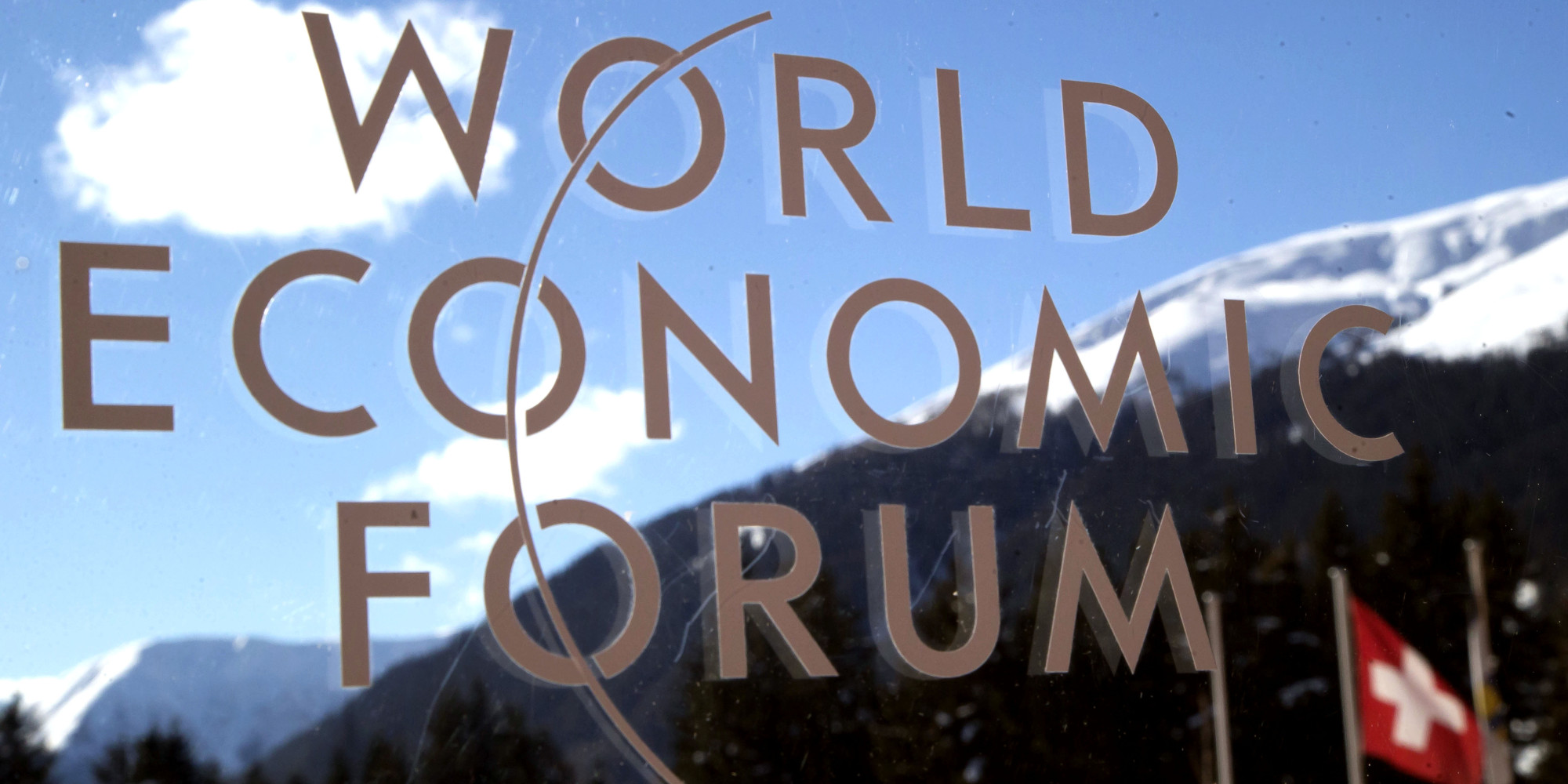
Central banks have added trillions to balance sheets
YemenExtra
Since the global financial crisis, central banks have added trillions to balance sheets, and many markets have recovered. Now a major question lingers for central bankers, policy-makers and investors about balancing the effects of higher interest rates and tighter monetary policy.
Central bankers focus heavily on inflation rates; however, some economists believe that the meaning of inflation is changing due to fundamental shifts in the markets. Namely, technology has changed the way people live, work and consume.
“Do we really understand what inflation means today?” asked Min Zhu, chairman, national institute of financial research, People’s Republic of China. Zhu cited e-commerce, artificial intelligence and automation as some of the factors that raise questions about the relationship between inflation and growth.
Low inflation rates are also linked to the low-wage growth that much of the developed world is experiencing. Despite billions of dollars created by central banks in quantitative easing, average wages for most workers have not increased significantly.
While the era of easy money has powered increases in GDP and equity markets, some experts see signs of a future downturn. On the one-year horizon, tax cuts in the United States are likely to stimulate growth, and low interest rates and high government spending in both the US and the eurozone suggest that markets will continue to prosper. However, some suggest the trajectory is unsustainable.
“We’re at a limited amount of capacity and a lot of stimulation,” said Ray Dalio, Founder, chairman and co-chief investment officer, Bridgewater Associates, USA, citing the recent US tax cuts. “There needs to be some kind of tightening.”
With that tightening, some experts see the possibility of downturn on the two- to three-year horizon. For central bankers, investors and policy-makers, a question could be how to soften the landing and find alternative ways to boost wages and find new forms of growth.
IMF Warns of Rising Risks
International Monetary Fund chief Christine Lagarde said the global economy is in a sweet spot with all major economies doing well, though risks remain in the form of US tax rate cuts, growing inequality and lack of international cooperation.
“All major developed and developing economies are doing well and let’s celebrate that. There may be some policies that may be debated in some parts of the world, but in the end they seem to have worked for now for growth,” Lagarde said, PTI reported.
Speaking at a session on global economic outlook here on the last day, she said what could go wrong would include the risks that emanate from the US tax rate reforms and excessive inequalities that are growing in many areas.
Other risks include lack of global cooperation and the resulting geopolitical fractions, she added. “The global economy is in a sweet spot with around 120 countries set to see strong growth in 2018. Confidence is due to a cyclical upswing and mostly good monetary and fiscal policies,” the IMF managing director said.
